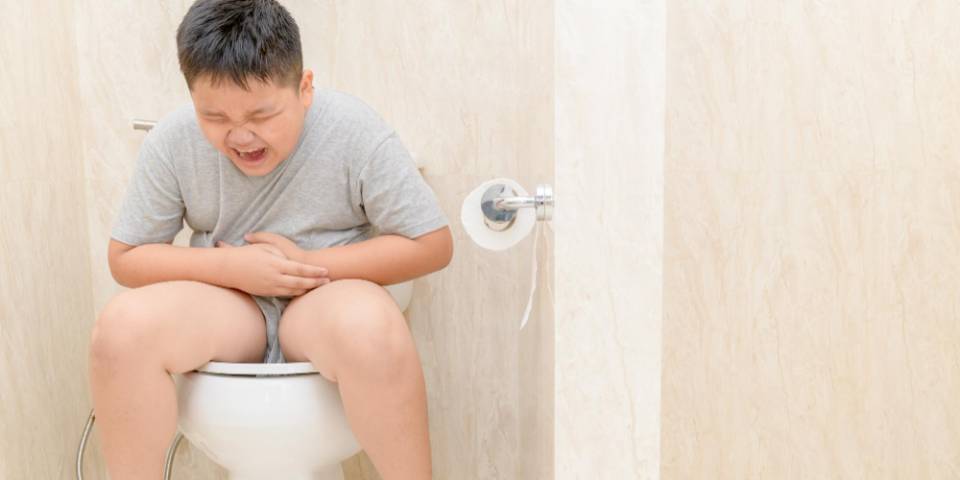Most of us have been constipated at some point during our lives. It’s inconvenient, but at least it doesn’t happen often. For some people, though, constipation is a regular part of their lives. These women and men have, on average, three or fewer bowel movements per week, leaving them feeling bloated, crampy, and uncomfortable. Sometimes constipation remedies itself with a few changes to diet or water intake, but if constipation is prolonged, your risk of developing complications, like hemorrhoids, increases. Chronic constipation is defined as having fewer than three bowel movements per week, passing hard stools, or difficulty and pain when passing stools. In this Blog, a leading Surgical Gastroenterologist in Hyderabad Dr. N.S. Babu Will explain how untreated constipation problems cause complications.
Let’s see one by one
However chronic constipation can cause complications.
- Piles: Piles, also known as hemorrhoids, are a common complication of constipation. When you are constipated, the excreta becomes hard and delicate to pass. This can result in straining during bowel motions, which puts pressure on the veins in the rectal area. Over time, this expanded pressure can cause the veins to swell and bulge, leading to hemorrhoids. Piles can cause pain, itching, and bleeding, especially during bowel movements. They can be internal, located inside the rectum, or external, located under the skin around the anus. In severe cases, hemorrhoids may need to be treated with medicine or surgery.
- Anal Fissures: Anal fissures are slight slits in the skin around the anus that can come due to various factors, involving constipation. When you are constipated, the coprolite becomes hard and difficult to pass, leading to straining during bowel motions. This straining can affect slits in the delicate skin of the anus, resulting in anal fissures. Anal fissures can be quite painful and may affect bleeding during bowel motions. They can also conduct to discomfort and itching in the anal area. It’s essential to address constipation to prevent the evolution or worsening of anal fissures. Increasing fiber input, staying hydrated, and exercising regularly can help soften the coprolite and make bowel motions easier, reducing the threat of fissures.
- Rectal Prolapse: Rectal prolapse occurs when the rectum protrudes from the anus, either partly or completely. habitual constipation, involving constant straining during bowel movements, can weaken the muscles supporting the rectum, boosting the trouble. Symptoms of rectal prolapse carry a bulge or swell from the anus, difficulty controlling bowel movements, and a feeling of incomplete emptying.
- Fecal Impaction: Fecal impaction is a tough complication of constipation where a large, hard mass of dropping becomes jammed in the rectum and can’t be expelled. This condition usually occurs when constipation is left untreated, and the dropping becomes too large and hard to pass easily. Fecal impaction can cause abdominal pain, bloating, and a feeling of fullness or pressure in the rectum. In severe cases, it can result in complications similar to bowel inhibition or the expansion of ulcers in the rectum.
- Diverticulitis: Diverticulitis is a condition where small, pouching pouches( diverticula) in the digestive region become inflamed or infected. Constipation can be a contributing factor to the expansion of diverticulitis. When constipated, the increased pressure in the colon can result in the formation of diverticula. Hard droppings can also get trapped in these pouches, leading to inflammation or infection.
How to get rid of Constipation?
To alleviate constipation, try adding your fiber input through fruits, vegetables, and whole grains, which can support soft dropping and promote bowel motions. Stay doused by drinking plenty of water throughout the day. Regular physical exercise can also stimulate bowel motions. Establishing a regular restroom routine and not neglecting the appetite to have a bowel motion can support this.
In some cases, over-the-counter laxatives or dropping softeners may be helpful. However, if you witness severe pain or bleeding, seek medical guidance from the best colorectal surgeon in Hyderabad, Dr. N. S. Babu for effective treatment and proper care

